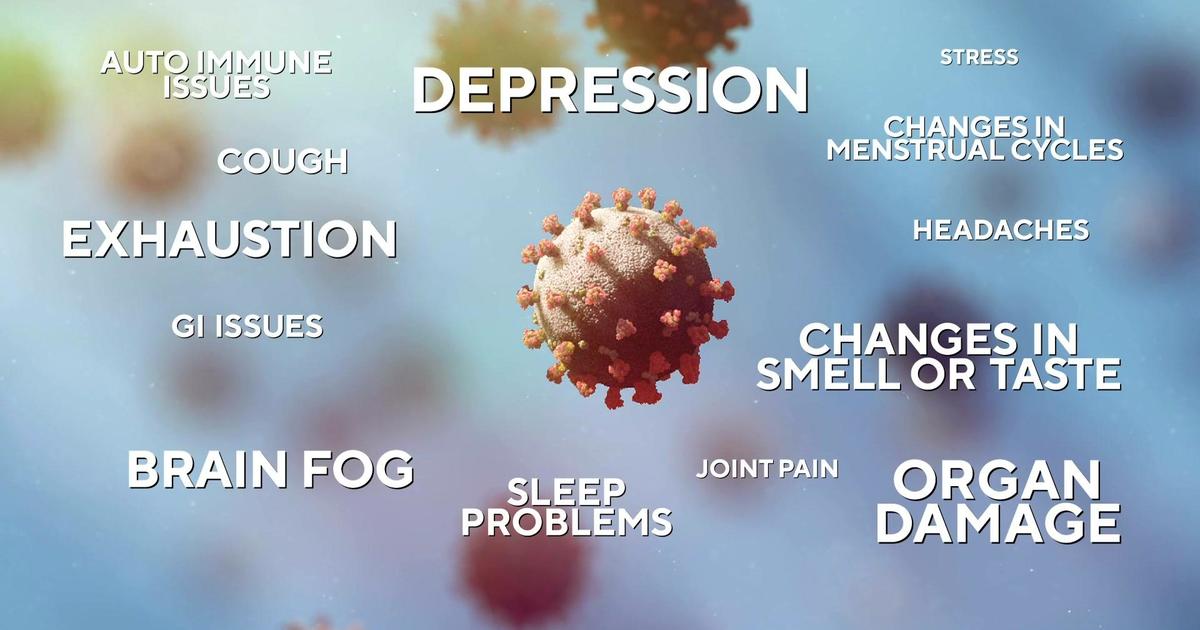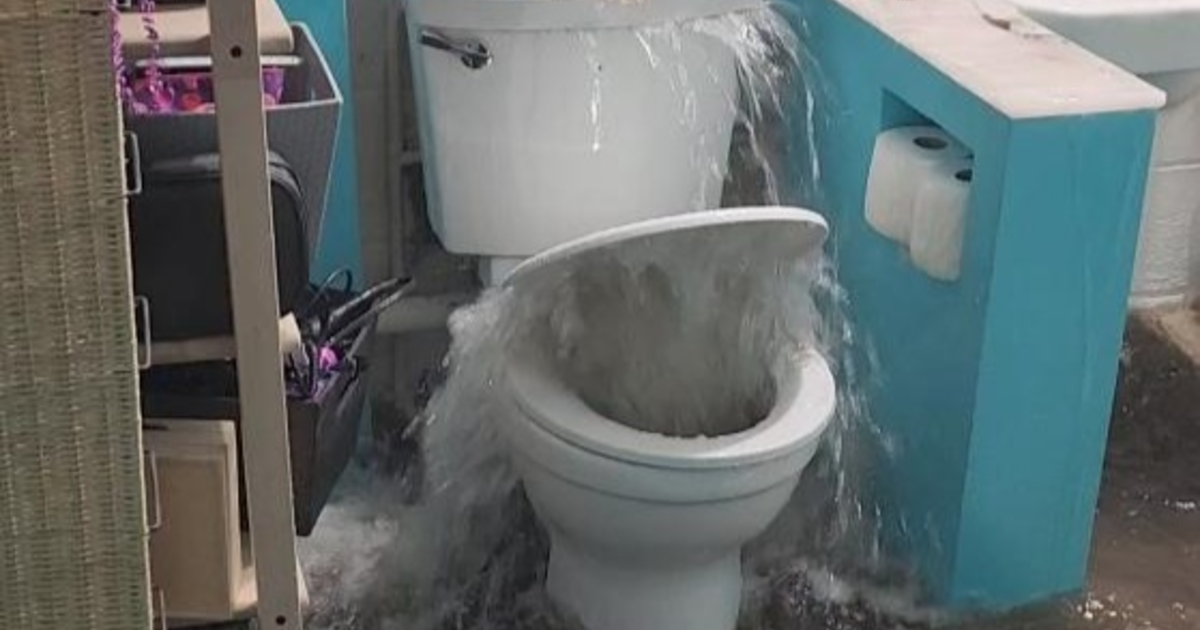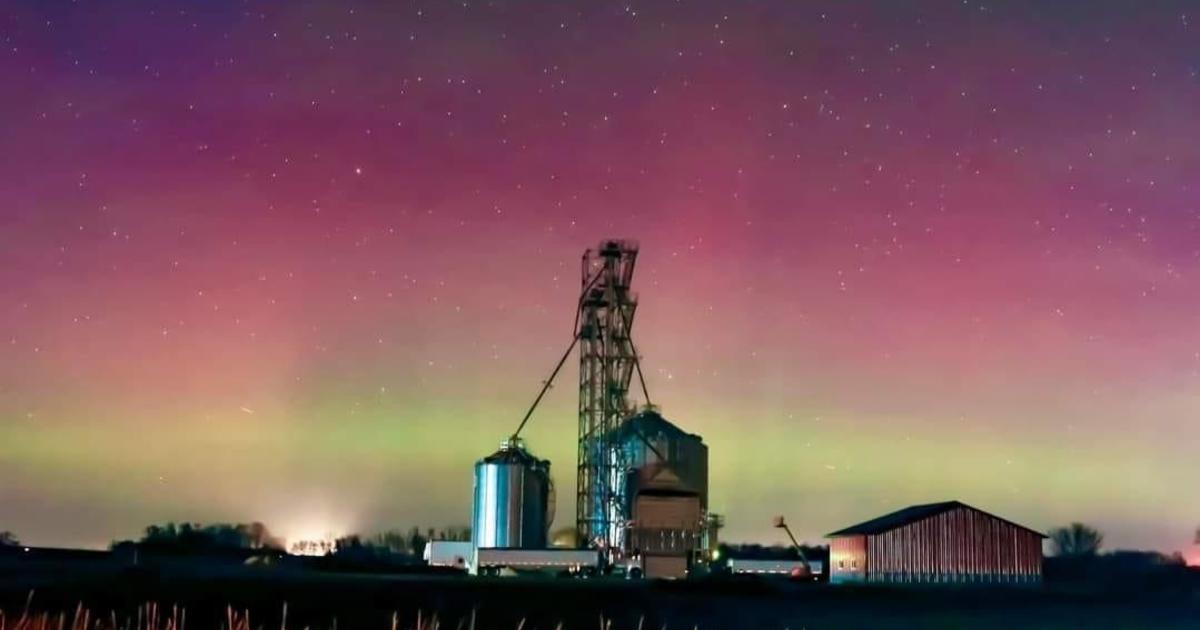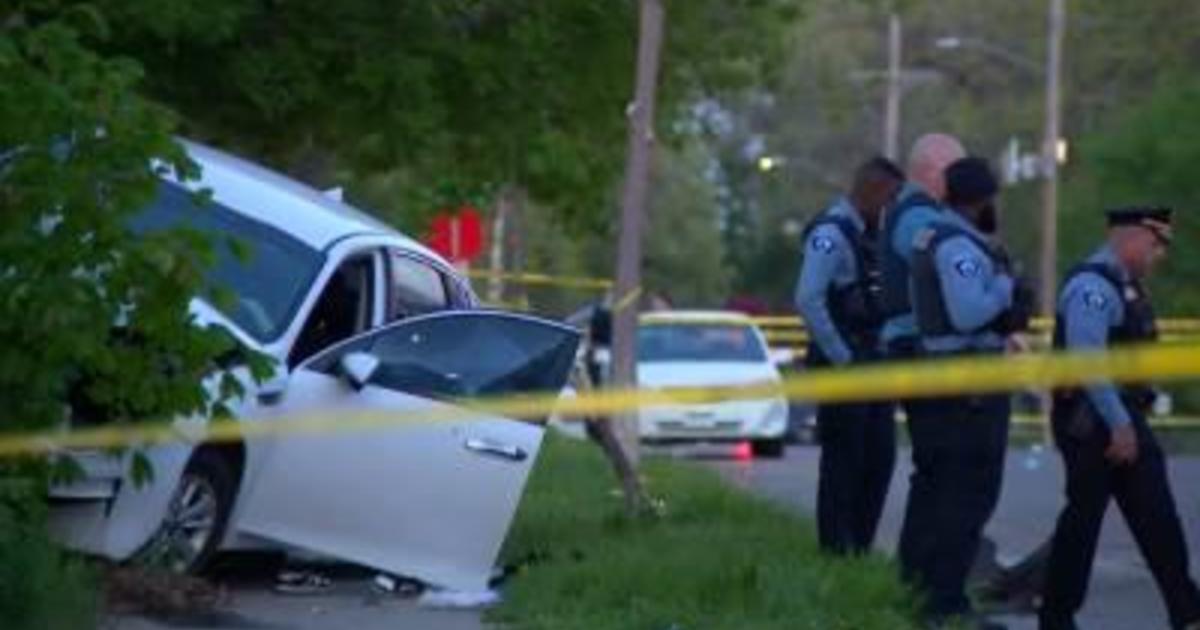'We Need Help': Minneapolis Park And Rec. Board Superintendent Discusses Growing Homelessness Problem
MINNEAPOLIS (WCCO) -- Too many Minnesotans have no place to call home. And the COVID crisis is only expected to make the problem worse.
With limited shelter space, Minneapolis' nationally renowned parks have become a refuge for those with nowhere to turn. There are now 347 tents in 29 parks.
At first, this Midtown hotel became a place of refuge. Then those without homes poured into parks. By July, there were tents in more than 40 Minneapolis parks, 561 tents in Powderhorn alone.
Al Bangoura is the Superintendent of Parks. He sat down with WCCO for an exclusive interview.
"One week we had 400 needles, the next week we had 1500 needles so the increase in drug use, violence, there were many instances when people were being shot," Bangoura explained.
He moved from Charlotte last year to take over the prestigious job of overseeing one of the country's top park systems. Lately, he says his recreation department has turned into a social service agency.
WCCO asked Bangoura, "Do you feel this issue of homelessness was just put in your lap?" He responded, "In a lot of ways, Sure. It was something that just happened."
The superintendent says it started with the governor's order in April, preventing the disbandment of camps. Before that, people were not permitted to stay overnight in parks.
"It significantly changes what we could do, we could not remove tents, camps in our parks so that was a significant change to our park system," Bangoura explained.
At first, the Powderhorn Camp was welcomed by neighbors. And savored by the new tent residents.
Vaighn Yaints was a resident in June.
"Some of the people, this is heaven to them, they have a tent, they have bedding, they have whatever they need," Yaints said.
Then comfort turned to crisis, three sexual assaults in the park -- a 46-year-old woman raped twice, and two girls assaulted in the park.
Violent crime also multiplied in Peavey and Loring parks too.
"We are parks and recreation, we didn't know how to adjust and deal with that," Bangoura said.
The superintendent says his staff has pivoted, from upkeeping grounds to cleaning up needles and human waste. Park police, he says, have been scrambling to keep up with the violent crime.
"I would love more help from the state, we need resources, we need help," Bangoura said. "This is the largest encampment in state history."
Bangoura says the park board allowed him to clear out Powderhorn -- a process met by protestors.
He says he hopes to make parks safer for those who come to play and those who choose to stay.
"We need shelter, we need housing, we need humane places for people to be, parks are not the answer to that," Bangoura added.
Cathy ten Broeke, state director to Prevent and End Homelessness, gave the following statement to WCCO:
We recognize that our local government partners have been under tremendous strain in recent months, and we appreciate that state resources are an important tool in responding to the needs of vulnerable Minnesotans. Since the first legislation passed in response to the COVID-19 pandemic, the state has committed over $48 million of state and federal funds to respond to the needs of people experiencing homelessness statewide. State funding has helped nonprofit organizations and their government partners create 2,300 safe places for people experiencing homelessness statewide to reduce crowding in shelters and to protect people most vulnerable to negative outcomes to COVID infection. And we know that all that has been done is not enough. The Walz-Flanagan Administration has taken many steps to prioritize these needs and will continue to do so in partnership with others.
Teddy Tschann, spokesperson for Gov. Walz, gave this statement to WCCO Wednesday evening:
The Walz-Flanagan Administration understands that encampments of a certain size pose a public safety risk to both the people staying at the encampment and the surrounding community. That's why in April, Governor Walz clarified his initial executive order to allow local governments to take action to improve safety. Our Administration will continue to work with the Minneapolis Park Board, the city, and the county to find a solution for this difficult situation and combat the housing crisis that created it in the first place.



